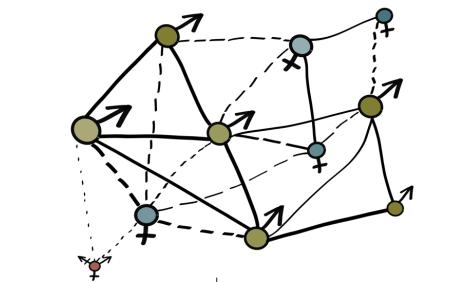
Feminist talk
Community networks and feminist infrastructure: reclaiming local knowledge and technologies beyond connectivity solutions
What is feminist infrastructure? Our lives are determined now by technology and especially data and surveillance. How can we undermine the existing technological hegemony and rebuild infrastructures that accommodate different realities and needs through community networks?

Publication
Sonia Corrêa on “Gender Ideology” for 2019 CREA Conference
An incisive and global analysis of anti-gender politics or gender ideology which Sonia Correa describes as a hydra that has different faces and coalesces into various coalitions in various contexts in Latin America, Europe and north America.

Feminist talk
Connecting reflections through a community network's experience in Brazil
Community networks in quilombolas from Terra Seca/Ribeirão Grande in Brazil have been helping households to connect to the internet while serving individual needs of residents. In the backdrop of the FIRN research exploring the same, the authors discuss how these community-led networks connect communities with technology.

Feminist talk
COVID-19 or the necropolitics of lockdown: Who cares about trans bodies?
Kira Xonorika exposes the absence of public policies for trans people in Paraguay during the lockdown by COVID-19 and denounces the serious social consequences of corporeal colonialism that pathologises gender diversity.




